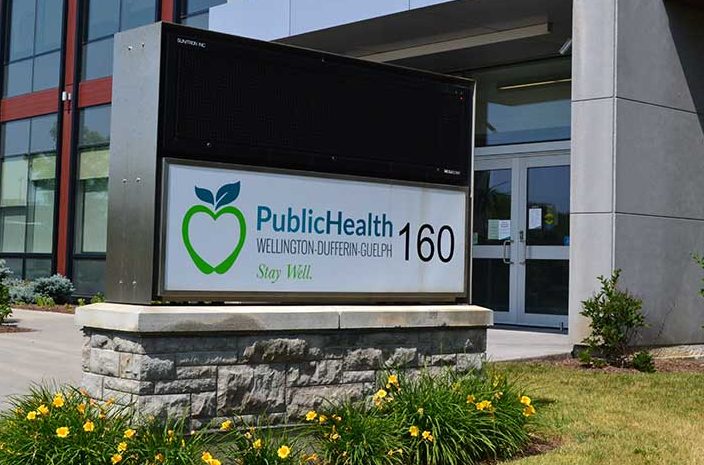GUELPH – Many people feared lockdowns during the pandemic would have a negative impact on the physical, emotional and mental health of children and youth.
And it now appears those fears were well founded.
Wellington-Dufferin-Guelph Public Health (WDGPH), along with other community partners, has taken a deep dive into the data to explore the secondary impacts of COVID-19 on children and youth.
“Due to the pandemic’s wide-reaching effects on our work, family and social lives, as well as differing experiences and coping mechanisms, secondary impacts of the pandemic are far reaching, complex and have the potential to affect our community for decades to come,” states the report prepared by health promotion specialist Lyndsey Dossett.
She presented her report to the Board of Health at its Sept. 6 meeting.
WDGPH worked with Toward Common Ground, the City of Guelph, Wellington County, the Guelph Community Foundation and the Guelph Wellington Ontario Health Team to collect data on the local situation.
In broad strokes, the lockdowns created lower optimism, lower life satisfaction and higher sadness for children and youth, Dossett said.
A higher percentage of children and youth have depressive symptoms, increased levels of anxiety, eating disorders and a rise in suicide ideation, her report states.
Less time was spent on schoolwork and there was less engagement with schoolwork among students.
“Quarantine and lockdowns reduced opportunities for social interaction and (some) children were exposed to increased family violence and poor coping strategies during the pandemic,” states Dossett’s report.
And being stuck at home often meant being stuck on the couch.
Children and youth had less physical activity, spent more time looking at screens, and for those living in poverty, had even less access to healthy food when school nutrition programs were put on hold.
Some used unprescribed pain pills and cough medicine to get high and there was an increase in binge drinking, cannabis and e-cigarette use, the report states.
Outcomes were worse for 2SLGBTQIA+ youth, Black, Indigenous and People of Colour in every category, the report states.
It offers a number of recommendations:
- develop clear pathways for mental health services for youth;
- provide education on digital literacy to help parents, children and youth and school staff make informed decisions about technology use;
- work with community partners to create access to sports programs and outdoor recreation for free or reduced cost;
- continue to advocate with community partners for subsidized, affordable access to nutritious foods in the community; and
- develop campaigns, resources, communication materials and education in partnership with the school boards and community organizations to address health inequities highlighted in the data and through engagement with youth advisory groups.
Dossett said the community partners, along with school board representatives and groups that work with youth, will hold a forum later this fall to brainstorm how to best move forward.




